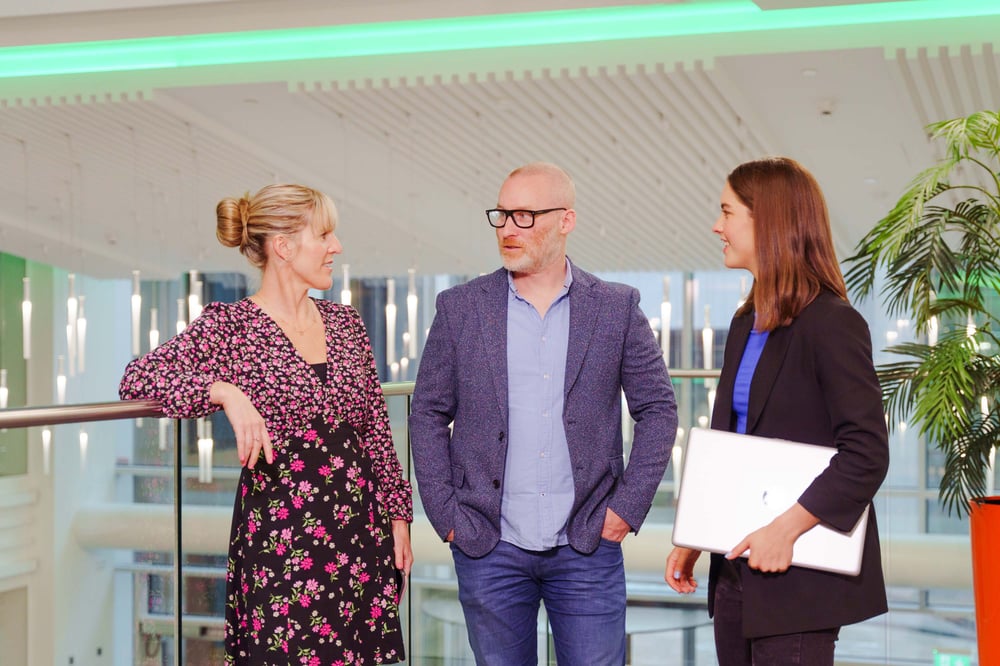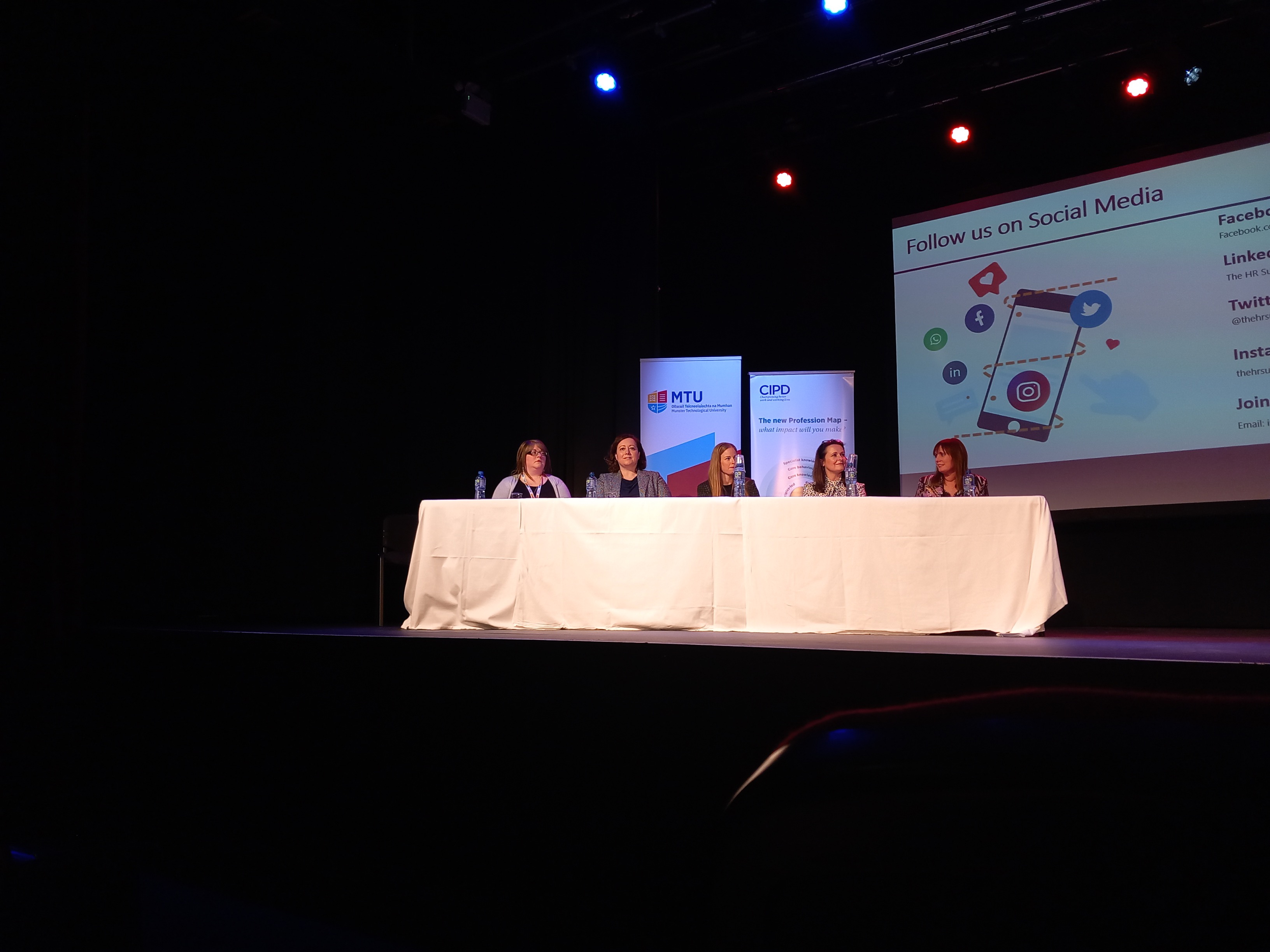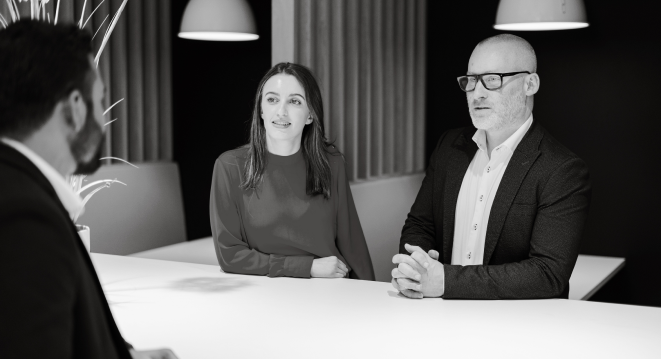Written By - Christine Sutton
Understanding the difference between Human Resources (HR) and Employee Relations (ER) is key for any organisation looking to maintain a happy, productive workforce. These two functions are often confused but have distinct roles that should be recognized if an employer hopes to bring out the best in their staff. Let's take a closer look at what sets HR and ER apart from one another.

Human Resources (HR) vs Employee Relations (ER)
The core difference between Human Resources (HR) and Employee Relations (ER) is that the former focuses on managing an organisation's personnel while the latter emphasizes creating a positive relationship with employees. HR involves recruitment, training & development, compensation & benefits management along employee retention activities to ensure staff productivity and satisfaction.
Meanwhile, Employee Relations centres around addressing grievances as well as facilitating fair communication opportunities for maximized harmony within workplaces. Both practices serve critical roles in optimising workplace dynamics and performance.
Day-to-Day Activities
| Aspect | Human Resources | Employee Relations |
|---|---|---|
| Primary Focus | Strategic and administrative functions | Interpersonal dynamics and conflict resolution |
| Key Responsibilities | Recruitment, training, payroll, benefits | Grievance handling, communication, and relationship building |
| Metrics Tracked | Turnover rates, time-to-hire, cost-per-hire | Employee satisfaction, engagement scores, grievance resolution rates |
| Reporting Structure | Reports to C-suite (CHRO/COO) | Often reports to HR Director |
| Daily Activities | Benefits administration, compliance monitoring, talent acquisition | Mediation, policy interpretation, and employee engagement initiatives |
Organisations should understand the difference between HR and employee relations to structure their departments effectively. In smaller organisations, the same team might handle both functions, but larger companies often separate them to ensure specialised attention to each area.
The hr and employee relations functions must work together to create a cohesive workplace strategy. As one HR director explains, "Think of HR as the framework that supports the organisation's people processes, while Employee Relations is the ongoing maintenance that keeps those processes running smoothly."
HR Management
HR management plays an integral role in any organisation, by helping ensure the right people are recruited for the right roles and providing support to develop employees’ skillsets. From determining compensation levels and employee benefits packages to overseeing performance reviews, HR professionals have a variety of tasks that contribute towards ensuring long-term success. All these processes come together with one ultimate goal - optimising every business's most valuable asset: its people.
Employee Relations Management
At the heart of successful organisations is a positive, productive relationship with their employees. Employee Relations (ER) management focuses on achieving this by overseeing essential functions such as conflict resolution to manage disputes between staff; grievance handling to ensure employee complaints are addressed effectively; policy development for governing behaviour in the workplace and fostering an engaged culture where employees feel supported and motivated.
FAQs About HR and Employee Relations
What is the role of employee relations in HR?
The role of employee relations in HR focuses on building and maintaining positive relationships between employees and employers. Did you know that within the HR framework, employee relations specifically handles conflict resolution, policy enforcement, and creating a positive workplace culture? While HR manages the entire employee lifecycle, ER concentrates on the quality of workplace relationships and employee experience.
How does employee relations differ from traditional HR functions?
While HR encompasses all employee-related functions (recruiting, benefits, compliance), employee relations specifically focuses on workplace relationships, conflict resolution, and employee satisfaction. HR is broader in scope, while employee relations is a specialised function within the HR department. The importance of employee relations in HR cannot be overstated for maintaining workplace harmony.
Should employee relations be a separate department from HR?
Okay, this question is very interesting - should employee relations be a separate department from HR? We would think this depends on organisational size and structure. In smaller organisations, ER functions are typically handled within the HR department. Larger organisations may benefit from a dedicated ER team that works closely with HR. The key is ensuring that both functions receive appropriate attention and resources, regardless of departmental structure.
What skills are needed for employee relations roles?
Effective ER professionals need strong interpersonal skills, including:
-
Excellent communication abilities
-
Conflict resolution and mediation skills
-
Emotional intelligence and empathy
-
Problem-solving capabilities
-
Knowledge of employment laws and regulations
-
Discretion and confidentiality
-
Cultural awareness and sensitivity
How can organisations improve their employee relations?
Organisations can enhance employee relations by:
-
Establishing clear, consistent policies and procedures
-
Creating open communication channels at all levels
-
Providing regular training for managers on people management
-
Implementing fair and transparent conflict resolution processes
-
Regularly gathering and acting on employee feedback
-
Recognising and rewarding positive contributions
-
Addressing issues promptly before they escalate
If you want to learn more about how you can enhance the relationship between your organisation and its employees you can contact us using the form below.
Christine (she/her) is an expert people professional with a wealth of experience across multiple sectors. She holds a BSc Hons in Applied Psychology, and a Masters in Organisational Psychology is a Chartered Fellow of the CIPD, and is currently undertaking a Professional Doctorate in Organisational Psychology at Birkbeck, University of London. Christine works with clients across the UK, Ireland, and the Isle of Man and has built up a strong consultancy business working with organisations to champion a people-first agenda.



